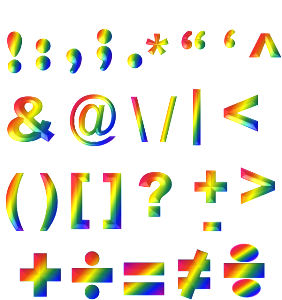 Question: You always advised your students to join writers’ groups as if they could give no other good advice they would, at least, ask “What have you written this week?” But I’m starting to think I ought to search for a new group. They all agree that my work is, “Too hard to believe” and all my plot twists are either “impossible” or “improbable.” Okay, my stuff “pushes the envelope.” But I have avidly read books with weirder plots than mine…any ideas?
Question: You always advised your students to join writers’ groups as if they could give no other good advice they would, at least, ask “What have you written this week?” But I’m starting to think I ought to search for a new group. They all agree that my work is, “Too hard to believe” and all my plot twists are either “impossible” or “improbable.” Okay, my stuff “pushes the envelope.” But I have avidly read books with weirder plots than mine…any ideas?
Answer: Thinking back to my own writer’s group days (with many thanks to the critique sessions at IWWG) my best guess is that it’s either a lack of foreshadowing, or a failure to write the action convincingly. Knowing your work from your student days, my guess is foreshadowing.
It is important to foreshadow and many writers fear to do it, in case they give too much away. FORESHADOWING is a technique that leads the reader smoothly along, hinting at what is coming next. Foreshadowing makes future action more believable. Most of us don’t notice it, but when it’s not there, crises seem too precipitate, changes too sudden, surprises are — well, too much of a shock not to overcome some readers’ “Willing suspension of disbelief.” Continue reading “Too improbable? A Writing Tip from Arline Chase”


 Yes, he’s very annoying. You don’t want to use him, you try to ignore him, but darn him, he’ll muscle in at every opportunity. So much so that he confuses you and drives you absolutely bonkers. And he has the absolute gall to wink at you…
Yes, he’s very annoying. You don’t want to use him, you try to ignore him, but darn him, he’ll muscle in at every opportunity. So much so that he confuses you and drives you absolutely bonkers. And he has the absolute gall to wink at you…
